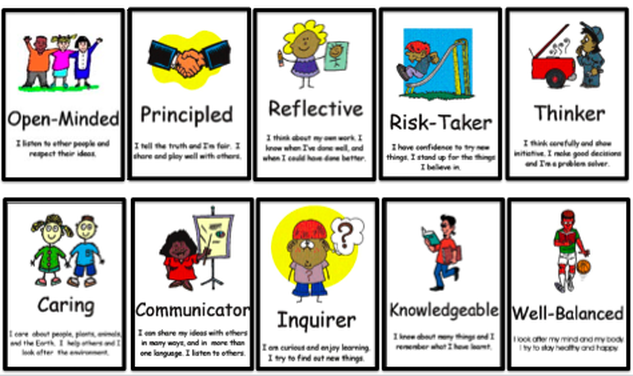Our class has been named after the well-known children’s author Julia Donaldson. She was born in 1948. She is the writer behind many well known stories (such as The Gruffalo, Stick Man, The Snail and the Whale) she was Children’s Laureate too.
Phonics
At the end of Year 1, children will be completing the Year 1 Phonics Screening. https://www.phonicsplay.co.uk/ is a fantastic website which can be used to support your children with their phonics learning at home. Throughout the year, I will be sending home additional resources to support you and your children with their phonics development. If you need any support with phonics learning at home, please do not hesitate to contact us within school.
Along with phonics, reading is incredibly important to develop our phonetic understanding. Ideally, children should be reading a short amount each day, but at least three times a week. The children do get the opportunity to change their books every day but those linked to phonetic understanding will be updated with the support of a teacher weekly.
Maths
In Year 1 we will be focusing on the following core facts:
- Know and recall number bonds to 10
- Know double and half of numbers within 20
- Know one more and one less of any given 2-digit number
Homework will be sent home to support this learning.
PYP
Across the school we follow the PYP, and within the Year 1 classroom a Learner Profile Attribute display is available for children to reference. We encourage children to recognise times when they have shown the characteristics, and support them in reflecting on the learning and the choices that they have made.

Within the PYP, we explore the National Curriculum through the transdisciplinary themes of the International Baccalaureate. These are:
- Who we are
- Where we are in place and time
- How we express ourselves
- How the world works
- How we organise ourselves
- Sharing the planet
Knowledge Organisers
This module, Julia Donaldson Class will be looking at these three lines of inquiry: Developments in living memory, The relationship between technology and play, and Innovations in play. Within these areas, your children will explore the history of toys, programming animations and sculpting their own Morph character. Please head to Tapestry for this module’s Knowledge Organiser for further information on what Year 1 will be learning.


